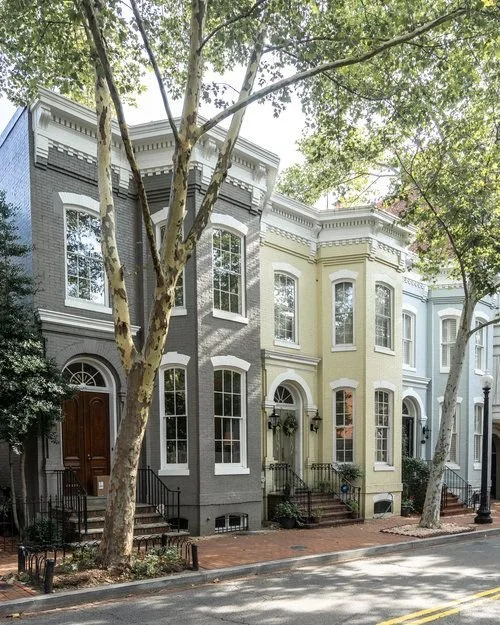Thinking Of Moving? How to Choose The Right Area
From upgrading or downsizing homes to searching for lower monthly housing costs - or selecting a location that offers a more convenient commute, there are a multitude of reasons to move - especially in today’s socioeconomic climate. While moving to a new neighborhood relatively nearby is common, people are also moving to entirely different locations in different counties or states, sometimes hundreds or even thousands of miles from their prior home. If you’re planning a move to a new city, state, or even nation, keep these tips in mind as you look for a convenient, safe neighborhood within your price range and that fulfills your lifestyle needs.
Test Drive A Neighborhood First
Before living in a new location for at least a few months, it is hard to know whether the town or area is a good fit.
If you are moving from a faraway location and do not know the new city or region in which you will be living, renting your first house may be a good idea rather than buying it. This is especially true if you are unfamiliar with the neighborhood where you will be living. It is always a good idea to "try before you buy," One of the best ways to do so is to look for apartment rentals in a new community. Before deciding whether or not you want to remain in the same area for the foreseeable future, you would typically just need to go through one lease cycle, which may be either six months or a year, depending on the landlord. In addition, if you ever decide to move to a more desired place in the future, you will not be stuck with a house that you have to sell right away since you will not own it.
Check the crime rates.
You will not be able to appreciate your new neighborhood or town to its full potential if you do not feel secure there. Do internet research about the area's property and violent crime statistics before you move there. Checking the websites of your new city or county, in addition to the websites of the local law enforcement agency, is another option for you.
When you go to different communities or neighbourhoods to look into the possibility of moving there, you should look for indications that the area is secure and reliable. Are the dwellings and the yards in satisfactory condition? Do you see any signs of neglect or vandalism in your area, such as buildings with windows boarded up or graffiti? Is there a sizable crowd of people roaming the neighbourhood, or does it give the impression of being empty? It is important to return to the same site at various times to gain a complete picture of how everyday life changes during the course of the day in your location of choice.
What is the community like?
What relationships do people in the community often have with one another? It may be considered rude in certain cultures to not communicate with one's neighbors, to keep up with their business, or not extend a helping hand to those who are less fortunate than oneself. However, people in some communities tend to be more reserved and less helpful. They go about their day-to-day lives and engage with their neighbours as little as possible, if at all, rather than interacting with them. These communities tend to have a lower level of social cohesion. Your personality and the manner in which you choose to live will help determine which extreme of the spectrum appeals to you the most.




